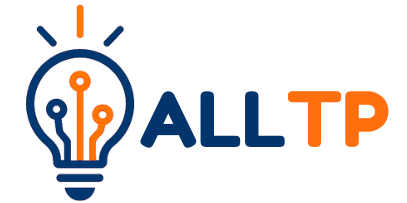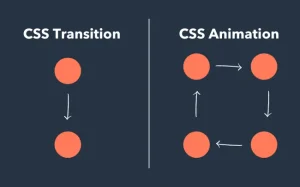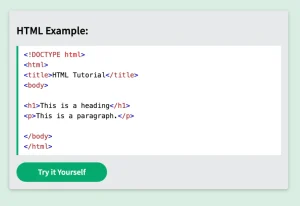In today’s digitally driven world, coding has evolved from a niche skill to a foundational literacy. As automation, artificial intelligence, and digital tools reshape industries, digital fluency is no longer optional; it’s essential. Across the globe, educators are reimagining what it means to prepare students for the future. Kenya is no exception.
In 2025, a growing number of Kenyan headteachers are embracing coding for kids as a vital part of school learning. This shift marks a broader movement toward integrating technology meaningfully in education. Organizations like All Things Programming are playing a key role, equipping educators with practical skills and tools to lead this change. Together, they’re opening doors to new opportunities for both teachers and learners.
Why Kenyan Headteachers are Embracing Coding
A. Future-Ready Education
Headteachers in Kenya are recognizing coding as more than just a computer skill, it’s a pathway to future careers. As the global job market demands creativity, critical thinking, and tech proficiency, coding equips students with all three. This vision aligns closely with Kenya’s Competency-Based Curriculum (CBC), which emphasizes real-world skills over rote learning. By integrating coding, schools are helping learners thrive in a digital economy.
B. Increased Access to Tech & Internet
Wider access to smartphones, tablets, and more affordable internet has opened new learning possibilities across the country. Even in semi-urban and rural areas, tech-enabled learning is on the rise. Support from government initiatives and NGOs is helping bridge long-standing digital divides. This improved infrastructure gives schools the tools they need to introduce coding into everyday learning.
C. Training Opportunities for Teachers
The rise in teacher development programs has made it easier for educators to teach coding confidently. Organizations like All Things Programming offer practical, hands-on training designed specifically for Kenyan classrooms. These programs focus not just on coding skills, but also on how to teach them effectively. In addition, peer-to-peer support networks are growing, creating a culture of collaboration among teachers.
The Role of Headteachers
A. School Leadership & Vision
In 2025, Kenyan headteachers are playing a transformative role in reshaping the education landscape. They’re not just implementing a STEM policy; they’re actively championing innovation within their schools. By prioritizing tech integration, many are allocating part of their school budgets toward devices, internet access, and teacher training.
This leadership is key to sustaining meaningful, long-term change in how coding is taught and valued.
B. Embracing Coding Clubs & Extracurriculars
Beyond the classroom, headteachers are encouraging co-curricular programs that expose learners to hands-on coding experiences. Coding clubs, student-led tech projects, and school hackathons are gaining popularity.
These initiatives give students the freedom to experiment, build, and solve real-world problems. In many cases, schools are partnering with local innovation hubs and edtech startups to access mentorship and resources.
Impact on Students & School Culture
- Higher engagement and creativity – Students show greater curiosity, confidence, and enthusiasm for learning.
- Hands-on learning – Coding projects let students see immediate results, boosting motivation.
- Improved teamwork – Collaborative coding challenges and clubs promote cooperation and shared problem-solving.
- Critical thinking skills – Learners develop analytical skills and resilience when debugging and troubleshooting.
- Better communication – Peer-led activities encourage clear explanation of ideas and solutions.
- Early career exposure – Students discover opportunities in app development, robotics, and digital design.
- Entrepreneurial mindset – Learners begin creating locally relevant tech solutions for real-world problems.
- Inclusive opportunities – Coding opens doors for students in under-resourced communities to compete in the digital economy.
- Innovation culture – Schools foster adaptability, curiosity, and a forward-thinking mindset in students.
Challenges Still Facing Schools
- Infrastructure gaps – Rural schools often lack electricity, devices, and stable internet connections.
- Implementation struggles – Even motivated headteachers face barriers without the necessary tech resources.
- Balancing priorities – Pressure to meet exam requirements can limit time for coding lessons.
- Curriculum integration – Ensuring coding complements, rather than replaces, core subjects remains a challenge.
- Ongoing teacher upskilling – Initial training is not enough; teachers need continuous mentorship and updated resources.
- Resource disparities – Schools in under-resourced areas have fewer opportunities to sustain coding programs.
To conclude, Kenyan headteachers are embracing coding for beginners programs to prepare students for a digital future. Their leadership is transforming education from the ground up. With the right tools and training, coding is becoming a powerful force in Kenya’s classrooms.
All Things Programming is making coding accessible by starting with educators. Through hands-on workshops, toolkits, mentorship, and coding programs for kids, they equip teachers with the skills to bring coding into the classroom. Kenyan schools using their programs report higher student engagement and growing interest in tech careers.




